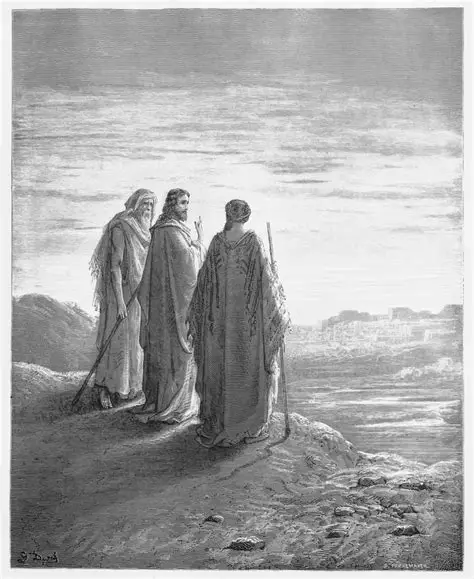THE LIMIT OF GOD’S REVELATION
THE SEED
“But their eyes were restrained, so that they did not know Him.” — Luke 24:16 (NKJV)
God, in His wisdom, has set boundaries on what we can perceive and understand, even in spiritual matters. No matter how gifted we may be, we can only see and know what He chooses to reveal. This truth is evident in Luke 24:16, where Jesus walked and conversed with His disciples, yet they were unable to recognize Him. This was not due to their lack of faith or understanding, but because God had temporarily restrained their perception. As believers, we must be careful not to fall into the trap of self- sufficiency, assuming that our spiritual insight grants us complete understanding. The things of God are revealed in parts, and full knowledge belongs only to Him. When we receive a revelation that seems unclear, our response should not be to rely on our intellect or impress others with our interpretations.
Instead, we must humbly seek God in prayer, asking Him for deeper understanding so that we do not walk in our own wisdom. Beloved, we can only perceive what Christ reveals to us. If we desire greater understanding, we must trust in God’s perfect timing and submit to His will, knowing that He reveals all things for His glory.
BIBLE READING: Luke 24:13-27
PRAYER: Heavenly Father, help us to remain humble, recognising that we can only see and understand what You choose to reveal. Guard our hearts against pride and self-reliance, and teach us to seek You earnestly when we need clarity. Amen.
IDIWỌN TI IFIHAN OLORUN
IRUGBIN NAA
“Ṣugbọn oju wọn ni ihamọ, ki wọn má ba mọ O.” — Luku 24:16 (NKJV).
Ọlọ́run, nínú ọgbọ́n Rẹ̀, ti ṣètò ààlà lórí ohun tí a lè róye àti lòye, àní nínú àwọn ọ̀ràn tẹ̀mí pàápàá.
Laibikita bawo ni ẹbun ti a le jẹ, a le rii nikan ati mọ ohun ti O yan lati ṣafihan. Òtítọ́ yìí hàn gbangba nínú Lúùkù 24:16, níbi tí Jésù ti rìn tí ó sì ń bá àwọn ọmọ ẹ̀yìn Rẹ̀ sọ̀rọ̀, síbẹ̀ wọn kò lè dá a mọ̀. Eyi kii ṣe nitori aini igbagbọ tabi oye wọn, ṣugbọn nitori pe Ọlọrun ti da oju-iwoye wọn duro fun igba diẹ. Gẹ́gẹ́ bí onígbàgbọ́, a gbọ́dọ̀ ṣọ́ra kí a má bàa ṣubú sínú ìdẹkùn ìtara-ẹni-nìkan, ní ríronú pé ìjìnlẹ̀ òye tẹ̀mí wa fún wa ní òye pípé. Awọn ohun ti Ọlọrun fi han ni awọn apakan, ati pe imọ kikun jẹ ti Rẹ nikan.
Nigba ti a ba gba ifihan ti o dabi ẹnipe ko ṣe akiyesi, idahun wa ko yẹ ki o gbẹkẹle ọgbọn wa tabi ṣe iwunilori awọn ẹlomiran pẹlu awọn itumọ wa. Kàkà bẹ́ẹ̀, a gbọ́dọ̀ fi ìrẹ̀lẹ̀ wá Ọlọ́run nínú àdúrà, kí a béèrè lọ́wọ́ rẹ̀ fún òye jíjinlẹ̀ kí a má bàa rìn nínú ọgbọ́n tiwa. Olufẹ, a le mọ ohun ti Kristi fi han wa nikan. Ti a ba fẹ oye ti o tobi ju, a gbọdọ gbẹkẹle akoko pipe ti Ọlọrun ki o si tẹriba fun ifẹ Rẹ, ni mimọ pe O fi ohun gbogbo han fun ogo Rẹ.
BIBELI KIKA: Lúùkù 24:13-27.
ADURA: Baba Ọrun, ran wa lọwọ lati wa ni irẹlẹ, ni mimọ pe a le rii ati loye ohun ti O yan lati ṣafihan nikan. Ṣọ ọkan wa lodi si igberaga ati igbẹkẹle ara ẹni, ki a si kọ wa lati wa Ọ ni itara nigba ti a nilo mimọ. Amin.
